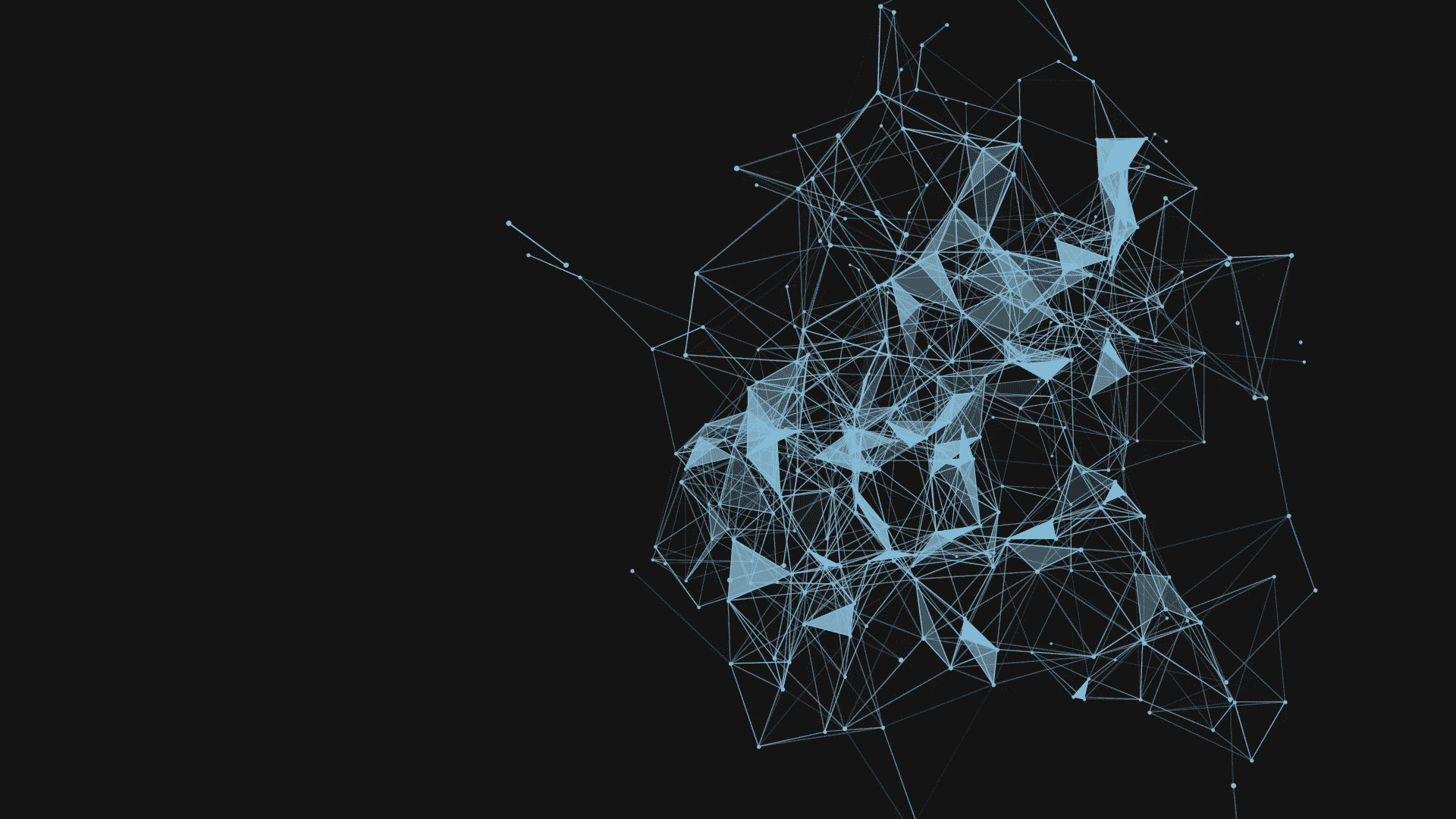
Control Theory
What is Control Theory ?
Control theory deals with the control of dynamical systems in engineered processes and machines. The objective is to develop a model or algorithm governing the application of system inputs to drive the system to the desired state while minimizing any delay, overshoot, or steady-state error and ensuring a level of control stability; often to achieve a degree of optimality.
The control theory that we use today includes Classical control theory, Modern control theory, and Sustainable control theory. We will talk about the analysis and design of theoretically based control systems based on all of the above theories to see the power and benefits of each theory.
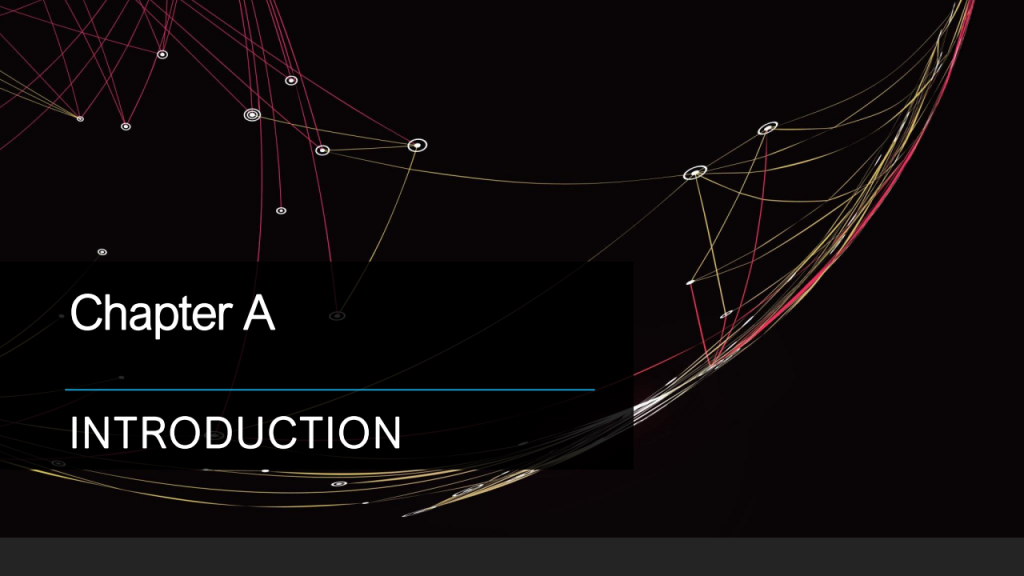
Chapter A Introduction
About control systems, diagram and parameters. These are basic definitions and are important for access to the next chapter.
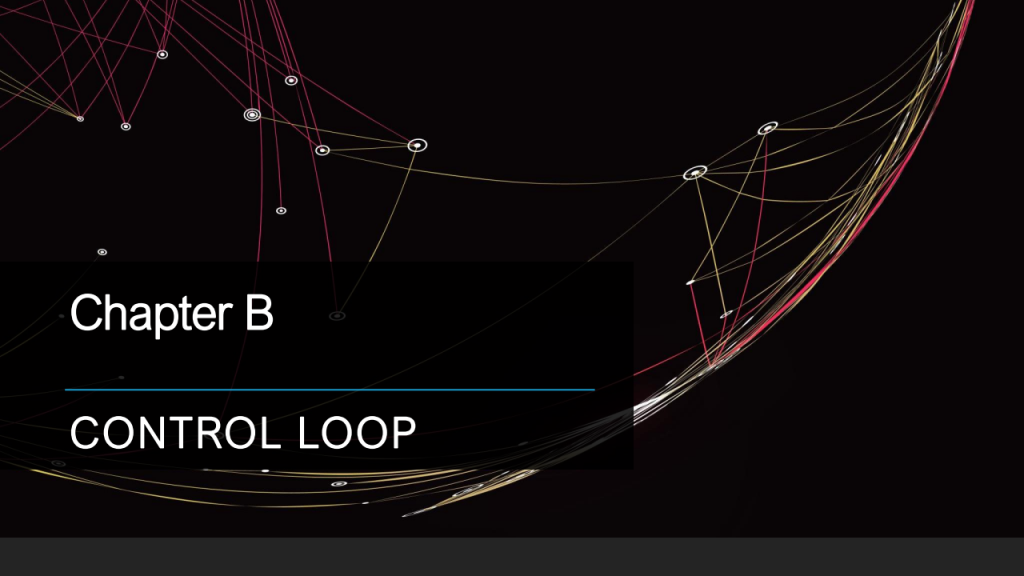
Chapter B Control Loop
Fundamentally, there are two types of control loops: Open loop control and Closed loop (feedback) control.
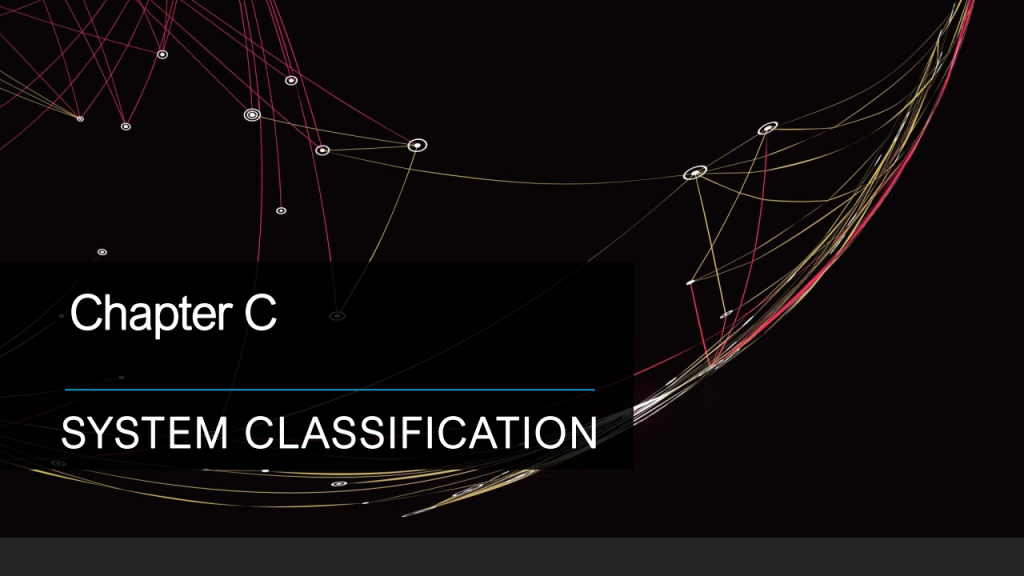
Chapter C System Classification
The field of control theory can be divided into two branches: Linear control theory, which applies to systems made of devices that obey the superposition principle. Conversely, Nonlinear control theory does not obey the superposition principle and applies to more real-world systems.
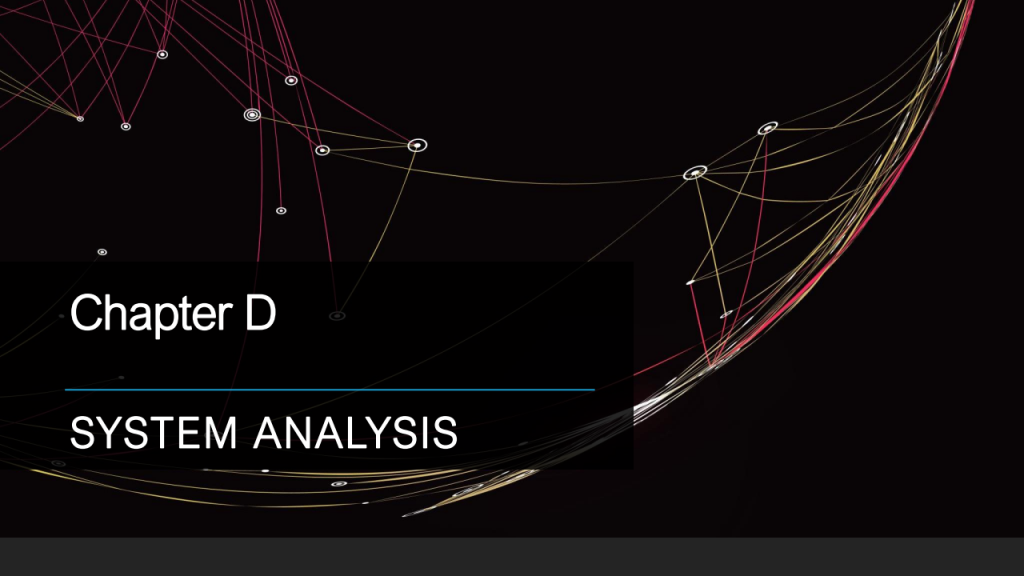
Chapter D System Analysis
In this Chapter, we will find out mathematical techniques for analyzing control systems such as Frequency Domain and Time-domain state-space representation. In addition, introduce the types of common system interfaces such as SISO, MISO, or MIMO.
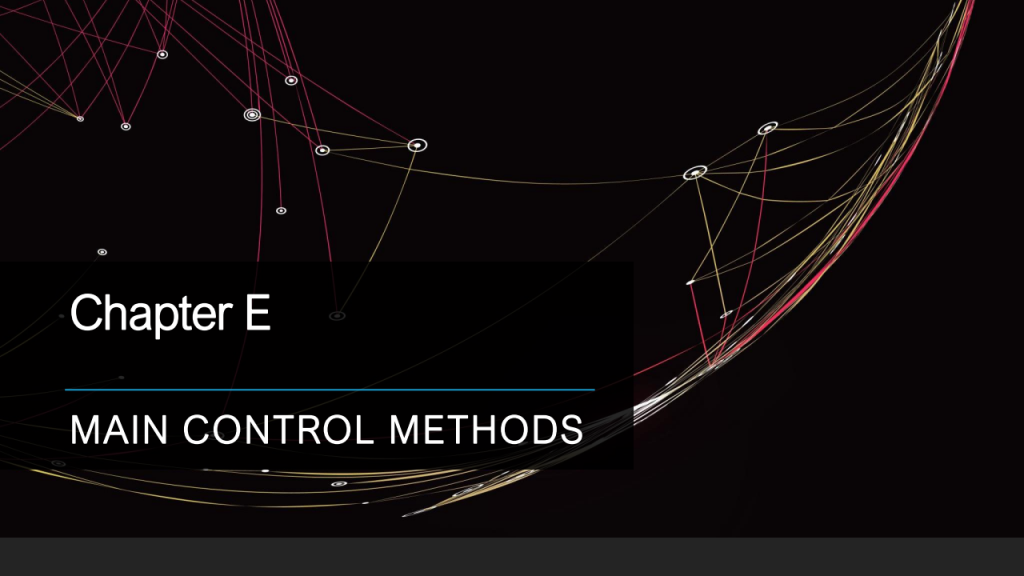
Chapter E Main Control Methods
In the process of formation and development, depending on the type of system, we will apply different control techniques to ensure the stability and efficiency of the system.

Chapter F:
Coming soon stay tuned.
“The important thing is not to stop questioning. Curiosity has its own reason for existing.”
Albert Einstein
